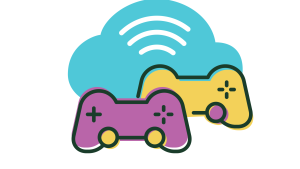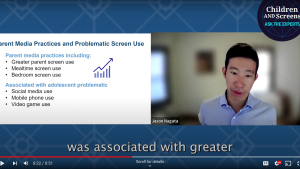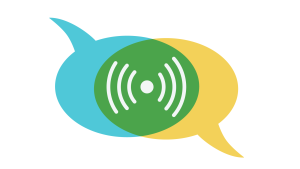
Video games may be addictive for some children. While some experts believe that “internet gaming disorder”, the official term for video game addiction, requires more research, there is a great deal of evidence to support its classification as a disorder. In fact, the World Health Organization (WHO) did just that in 2018. This doesn’t mean everyone gets addicted to video games, or that video games are the only form of digital media that can addict kids (e.g. social media).
Most people who play video games can do so without any harm. However, some people have trouble stopping playing video games, and it starts to interfere with their lives. Experts identify certain behaviors as possible signs of video game addiction. These include:
- Preoccupation: Excessively thinking about gaming, even when involved in other activities
- Distress: Feeling shame or guilt about how much time is spent gaming
- Withdrawal: Disproportionately strong emotional responses when gaming ceases or is unavailable, which may include sadness, anxiety, and irritability.
- Tolerance: The need to spend more and more time gaming to feel satisfied
- Difficulty Quitting: An inability to reduce playing, or trouble ceasing playing games
- Displacement: Giving up other activities to game instead, or losing interest in previously enjoyed activities
- Deception: Lying about the amount of time spent on gaming or hiding game play
- Escape: Using gaming to relieve negative moods, such as guilt or hopelessness
- Negative Consequences: Direct problems or harms in other areas of life related to gaming habits
- Risk Exposure: Willingness to risk trouble at school or in relationships due to gaming
Playing video games a lot does not necessarily mean someone is addicted. To be considered an addiction, playing video games has to cause impairment or distress and should involve at least some of the behaviors listed above. In other words, it has to cause problems in someone’s life or with their mental health. Because children are still developing, they may be more susceptible to video game addiction. More research is needed.
If you are concerned that your child or someone in your life has a video game addiction, seek advice from a clinician. Keep in mind that Children and Screens promotes healthy media usage and an ounce of prevention is worth a pound of cure. In other words, it’s better to look for the warning signs and intervene early if you have concerns.
As parents, it’s very important that you take a more curious stance towards video games instead of judging them, stigmatizing them, thinking that “those aren’t your real friends,” thinking that gaming isn’t a meaningful experience in a young person’s life – because it is, and if anything it might be the most meaningful experience for many young people’s lives these days. …also making sure that you’re putting practical tips in place so that gaming doesn’t become a problem, or you reduce it if it has become a problem.












